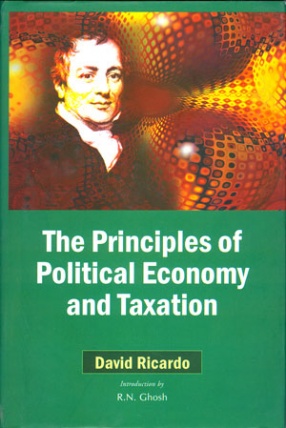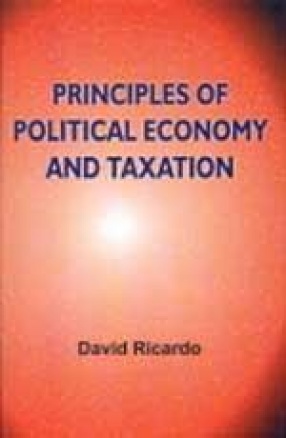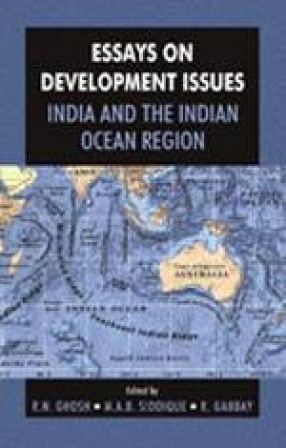David Ricardo is credited with synthesizing economics in the 19th century. Though some of Ricardo's theories have been modified and superseded, his foundational role in the development of economics is widely acknowledged.
His famous book appeared under the title On the Principles of Political Economy and Taxation in 1817 and had three editions before his death in 1823.
In the preface of the Principles, Ricardo clearly stated the three major objectives of the book. First, to determine the laws which regulate the distribution of national product among three social classes; workers as wages, rentiers as rent and capitalists as profit. Secondly, to see how economic progress would affect the relative distributive shares in a capitalist economy. Thirdly, it aimed at observed the effects of taxation on different social and economic classes, viz, landlords, workers and capitalists.
No other book dominated the economic thought of the times and beyond as did Ricardos Principles. It has given concepts like the Theory of Rent, which was the first cleat exposition of the source and magnitude of land rents and is among the most important and firmly established principles of economics; and the Theory of Comparative Advantage which became an integral part of neoclassical trade theory and is the basis for most economist's belief in free trade today. The book uses the Law of Diminishing Returns developed by Ricardo in one of his elaborate economic system. Ricardos theories and views on Value, Distribution, Wages, Profits, Foreign Trade, Taxes and Fiscal Equivalence area the milestones of economic thought.
This reprint of the book with a comprehensive introduction has been brought to help the students, teachers and researchers of Economics in their academic pursuits, and for the economists to delve deeply into the subject and draw valuable conclusions for future progress of society.






There are no reviews yet.